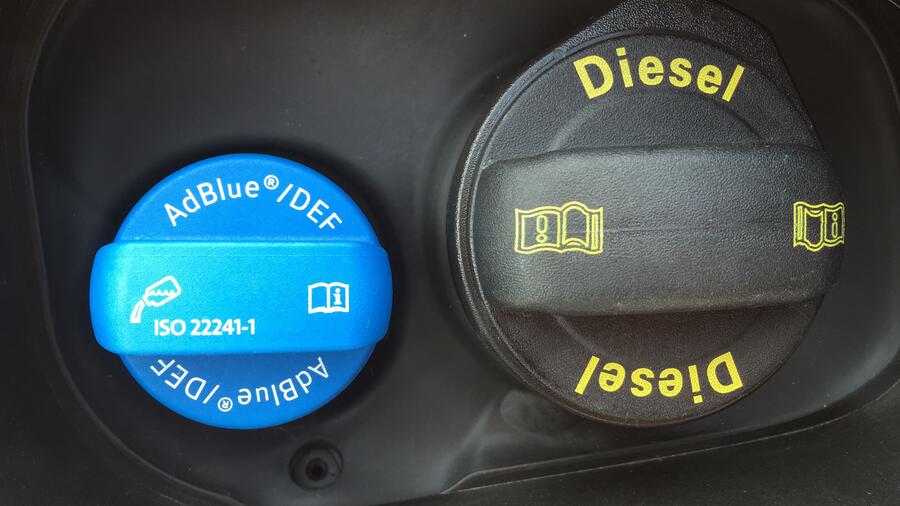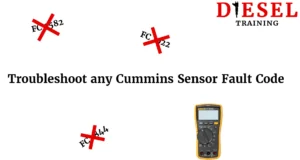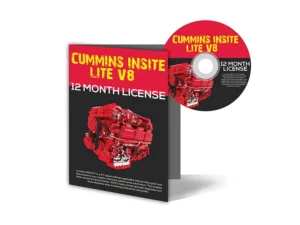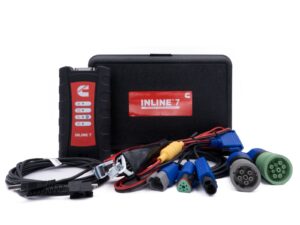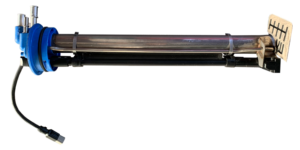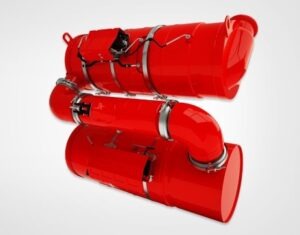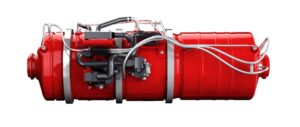Why is it called AdBlue?
AdBlue is simply one of the commercial names of the Water and Urea mixture. AdBlue’s manufacturer-neutral name is Diesel Exhaust Fluid or DEF.
How do I know if my car or truck needs AdBlue?
Is your car equipped with a Selective Catalytic Reduction system (SCR)? Then it probably needs AdBlue. If this is the case, you will also find a blue cap with the label “AdBlue” or “DEF” close to your fuel cap. Please read your vehicle’s instruction manual if you are not sure.
Can my engine run without AdBlue? What happens if I run out of AdBlue / DEF?
DEF is an essential fluid in all modern Diesel engines equipped with an SCR (SCR = Selective Catalytic Reduction) system. Because of it’s important role, you will get plenty of warnings as the DEF level is reduced during vehicle use.
If you choose to ignore the warnings and run out of AdBlue, engine fault codes and severe penalties follow! The “penalties” range from forced engine power reduction (power de-rate) to the engine forced to run on idle or engine restart restrictions.
What is AdBlue made of?
The AdBlue mixture is made of 32.5% synthetic Urea and 67.5% de-ionized water.
Does AdBlue quality matter?
You should only be using automotive-grade AdBlue or DEF that meets ISO 22241-1 quality specifications (this will be stated on the label). This type of DEF is suitable for all applications equipped with SCR systems (cars, trucks or machinery).
DEF quality is equally as important as the quality of the fuel you put in your fuel tank!
Using the wrong DEF mixture (in terms of water/urea mixing ratio), or contaminated DEF (common problem for construction machinery), will lead into fault codes and severe engine power restrictions.
When does AdBlue’s quality change?
AdBlue is 32.5% high-grade Urea and 67.5% de-ionised Water. All ECU calculations assume that the Urea/Water ratio is always maintained and any deviation from it will result in a fault code.
Quality problems arise from:
- Ditulting a pre-mixed AdBlue mixture with water
- Water evaporation from the AdBlue mixture (open container, high storage temperature etc.)
- Contamination or debris in the tank affecting DEF supply
How to test AdBlue before use:
You can buy a refractometer with a scale for AdBlue or DEF measurement. They can be found quite easily and they’re quite cheap. Typical price is around $20 with more expensive options available. An alternative option is a refractometer which can measure antifreeze and battery electrolyte in addition to DEF.
Is AdBlue safe?
DEF is safe to handle. It contains Water and Urea, which are substances that every human carries in their bodies. The usual precautions apply during handling: use protective equipment on hands and eyes, don’t drink it and if it comes into contact with your eyes, wash it off under fresh running water for at least 5 minutes.
It is non toxic, but it can damage bodywork and it will damage copper found inside cables. AdBlue reacts chemically with some metals and accelerates corrosion.
Does AdBlue freeze?
AdBlue freezes at -11oC.
Does AdBlue go bad after freezing and thawing again?
No. If AdBlue freezes an then thaws back to liquid form, the quality (or Urea/Water ratio) remains the same.
My tank ran out of AdBlue and now I have an engine management light on! Can I fix it on my own?
If you simply ran out of AdBlue and have access to the AdBlue tank, you can refill your tank. You might need to refill it to full level for the engine faults to disappear. An ignition-off and ignition-on cycle paired with a short wait period (30 seconds to 1 minute), will usually do the trick!
I am worried that my AdBlue tank will freeze and then I will get fault codes!
The manufacturers have installed system heaters on the SCR system to thaw frozen AdBlue in the tank or in the DEF lines. DEF freezes at -11oC, but usually the heating cycle starts earlier (sometimes from -4oC).While the heating cycle is active, DEF injection is temporarily suspended until AdBlue thaws.
Where to buy AdBlue?
You can find Adblue at gas stations, on many online car part retailers, or even Amazon.
How much does AdBlue cost?
Adblue prices vary by continent, brand and supplier. In the US it costs around $2.5 to $6 per US gallon and in Europe it costs around £0.5/0.6€ to £3.5/4€.
How does the SCR catalyst work?
When the Diesel engine is running and the SCR catalyst is hot enough, AdBlue is injected in the exhaust gas stream and before the SCR catalyst.
Due to the high exhaust temperatures, the water from the injected mixture evaporates and the process starts a chain of chemical reactions, resulting in the conversion of the DEF solution into Ammonia.
Ammonia and exhaust gasses travel to the SCR catalyst. The catalyst helps speed up a chemical reaction between Nitrogen Oxides (NOx) and Ammonia.
In the SCR catalyst, NOx “reduces” to Water (H2O) and Nitrogen (N2).
Diesel engines utilizing DPF and SCR technology are able to reduce the emission levels to near zero! Obviously this depends on many factors, but assuming the engine and exhaust systems are free of faults, the only elements we would measure at the exhaust outlet, would be:
Water (H2O), Carbon Dioxide (CO2) and Nitrogen (N2).
If you are interested to learn a bit more about SCR systems, you can read my SCR post!
The names AUS 32 (Aqueous Urea Solution 32) and AdBlue are registered trademarks of the German Association of the Automotive Industry (Verband der Automobilindustrie or DVA).

